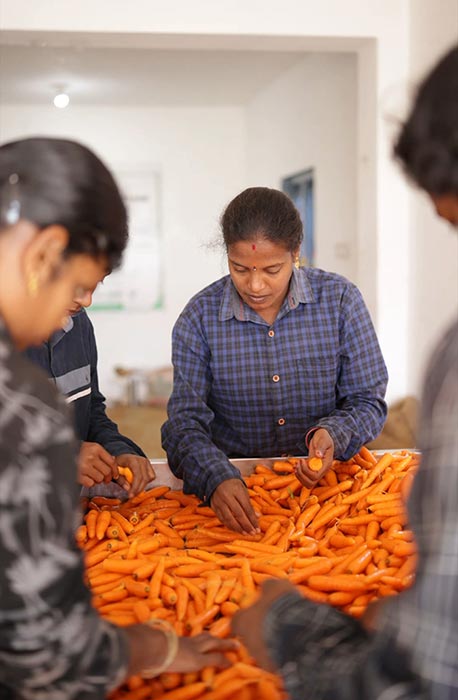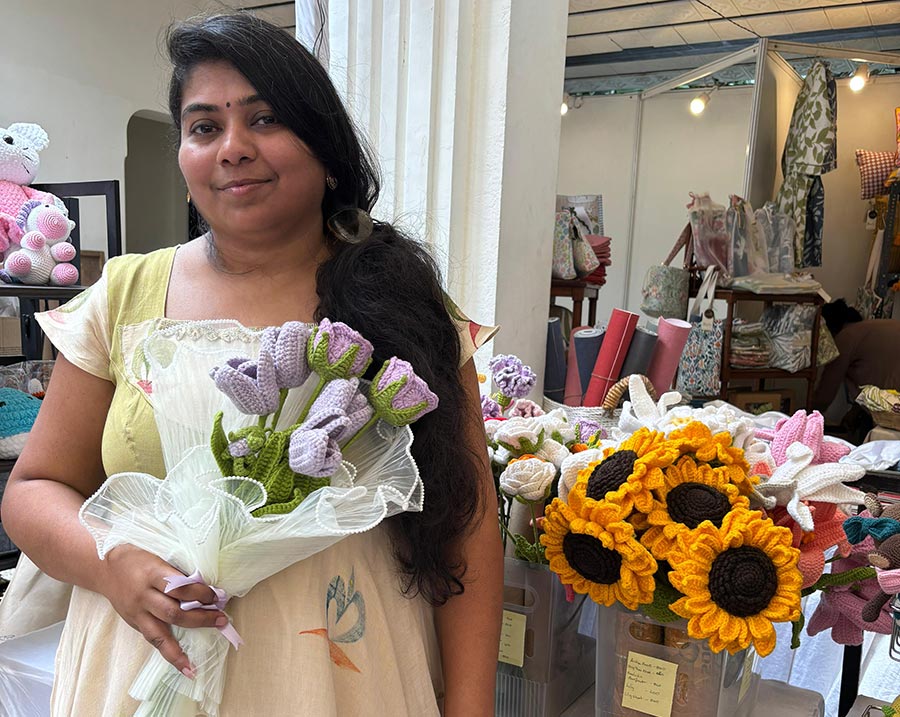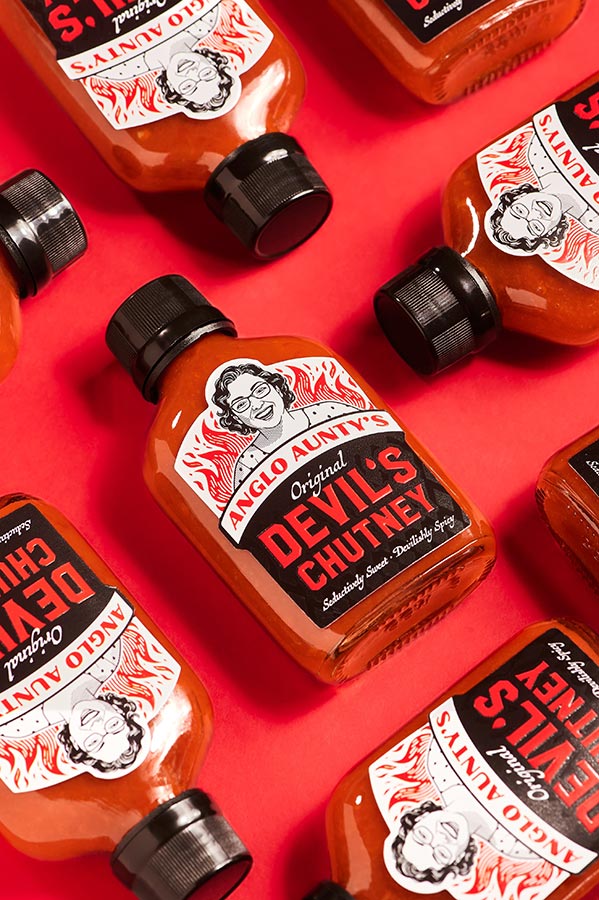‘Know your food’ is the promise DailyGurus makes and keeps, day after day, pack after pack. By bringing fresh produce from farm to kitchen, this company endeavors to cut out middlemen between the farm gate and the marketplace, and empower rural women. The two founders live 9000 miles apart but work as one, in their goals and aspirations. Meet the DailyGurus, Gnanashekaran in New Jersey, USA and Rajesh Muralikrishnan in Chennai.
Finding the roots
Born and raised in Kollegal in Karnataka, Shekar is an Engineer who moved into IT after graduation. His work took him to Coimbatore, Bangalore, Mumbai, Chennai, Singapore and then to the US. But the urge to do something in agriculture was a constant. His family owned and farmed lands in Coimbatore, so the connection with the soil had always been strong. He tried his hand at many things when he moved to the States, but running a business idea remotely didn’t really work. A chance connect on LinkedIn was Rajesh Muralikrishna, who had similar aspirations and was happy to partner with Shekar to explore possibilities in agriculture.
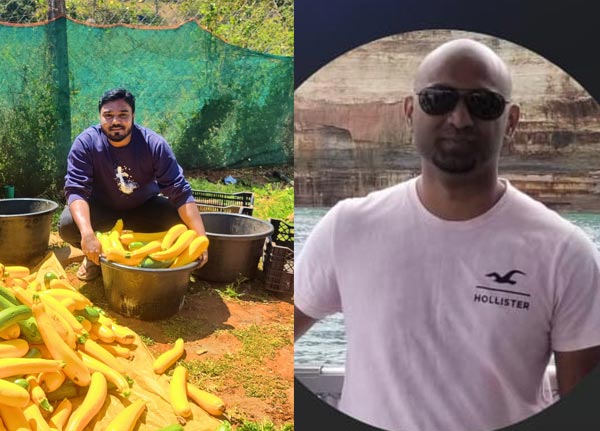
Treading a different path
Their research turned up some glaring discrepancies. While they knew they weren’t the first or only ones to note these, they decided they could do their best to play a part in easing these. Farmers who owned small parcels of land are usually at the mercy of middlemen, who set the prices and sold at a much higher margin than what they purchased for. Secondly, most urban working couples knew and understood the importance of fresh food, but didn’t have everyday access to it, didn’t mind paying a premium for fresh produce. Shekar reflects, “We began our ecommerce venture in 2019, not knowing the havoc that Covid was to cause. We started with a simple motive: try and help farmers in the margins of Chennai by bringing their produce to high rises in the city. Initially we delivered fresh vegetables to about 2,000 families near Red Hills. That was around 2019-20. We set up pop up stalls, went on road shows, went door to door telling people our usp – that we would deliver fresh produce within four hours of harvest.” Urban elite bought into the idea, as it solved their problems on multiple levels: they were able to get vegetables of their choice, they were farm fresh in the truest sense, and they were delivered to their doorstep! The model seemed to work, but as with everywhere else, the phrase “Covid struck” hit them too. “It was a logistical nightmare. We were unable to transport the vegetables to our customers, and everybody who had some money started grocery apps because they had the time. And they had kirana stores doing the delivery.” remembers Shekar. “We were ready to shut shop, but then after a lot of brainstorming, decided to pivot instead of close. We chose to go B2B.”
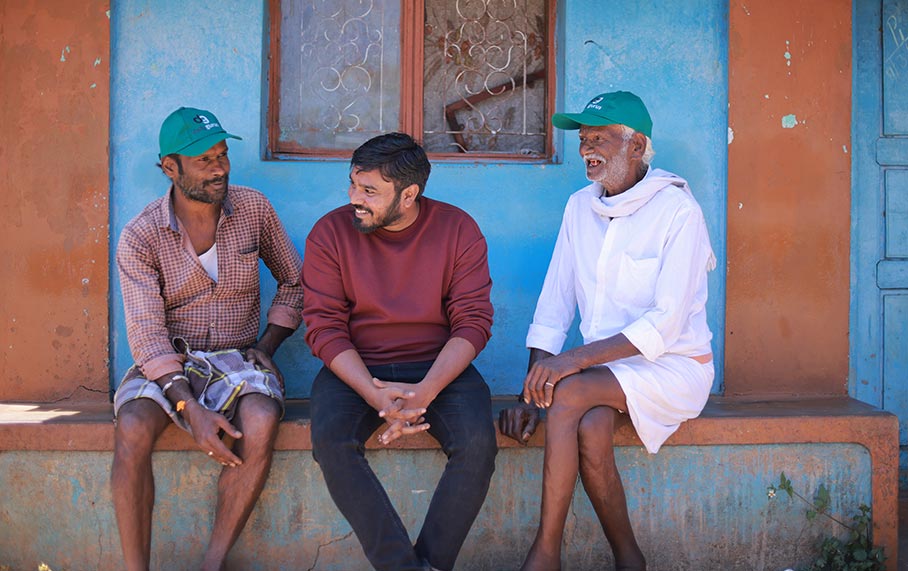
The HoReCa industry was still doing business and required trusted sources for fresh produce. While their demand was still high, supply proved challenging because of manpower. Covid had shackled the labor market. Rajesh and Shekar identified and marketed to restaurants such as Subway which was in constant need of exotic vegetables. They talked to farmers around the Nilgiris area and sourced zucchini, lettuce, and peppers and delivered these fresh to ‘meet and eat’ franchisees. From one Subway they grew to 26 Subways in Chennai alone – in just under a year. Such was the need gap they were able to fill. Their pivot into B2B continued through 2021, garnering about 150 restaurants in and around Chennai. The road didn’t stay smooth for long. The speed bumps came in the form of payments. “It became a capital nightmare – we couldn’t wait for 90 days to be paid for the kind of margins we made in the fresh produce market. Slowly we began to cut down on businesses that asked for ninety-day credit and worked with those that could pay in fifteen days, just enough to keep the lights on,” says Shekar.

Pivoting at the crossroads
And so, it was back to the drawing board. While they knew they were one among the many who had similar offerings, they did not want to lose sight of their goal. And that was to ensure that farmers didn’t get penalized in this game of margins. They decided to go back to the consumer and figure out the missing piece of the puzzle. Results of a survey showed that yes, consumers did want fresh produce, and top of the list was traditional greens. “Urbanites were ready to welcome back greens into their diet but simply did not have the time to deal with them. We take for granted the work that grandma or mom do, which is multitasking while watching TV,” he laughs. “They pluck the leaves, wash and clean them thoroughly before cooking them. No one has that kind of time, but they do know how important traditional greens are to our diet. And quite willing to spend the extra few rupees to get them in a ready to eat form.”
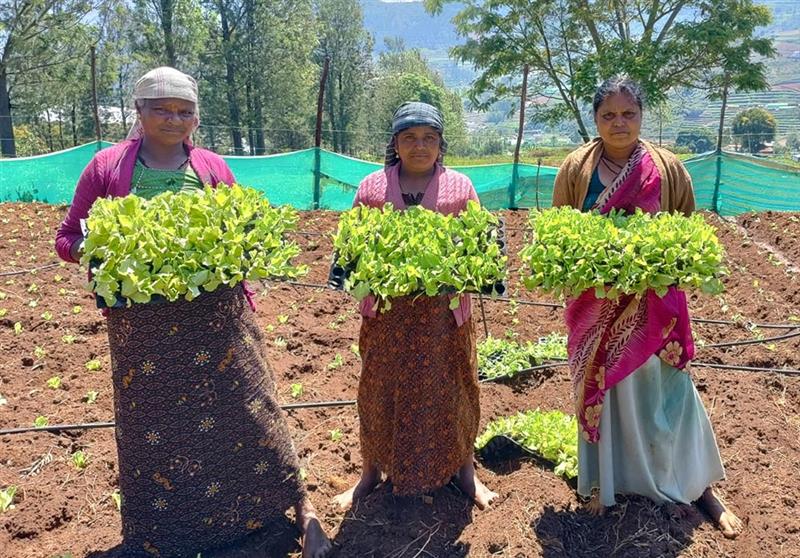
Rajesh and Shekar now were able to include another marginalized group to their focus. Women of the farming community who worked just as hard were paid very little or nothing at all, as their work is usually considered secondary. DailyGurus offered them the job of sorting and cleaning the greens, ready to be packed. “So, women who were until then earning meager to no daily wages, now had a stable income, they were happy to take on this work,” says Shekar. They began to market and sell through Zepto and some supermarkets too. While they were accepted and even welcomed, the question remained, how were they different?
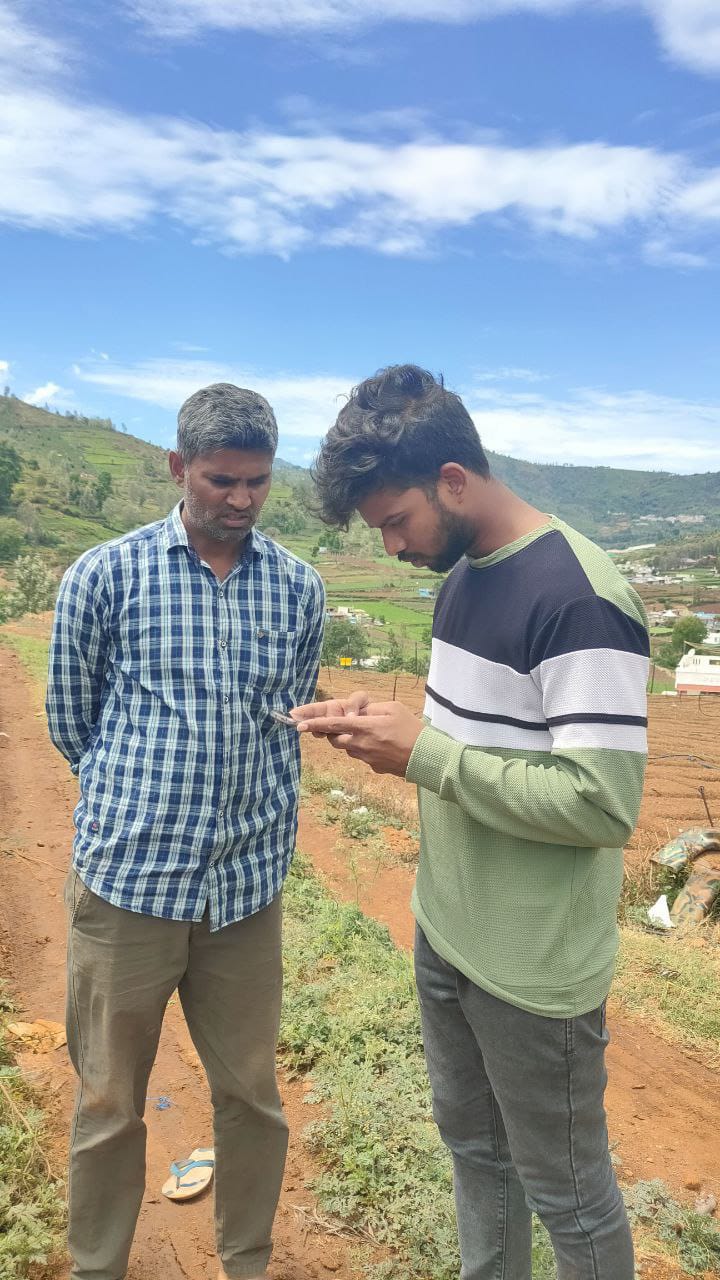
Tracing the supply
The one reason DailyGurus had created this entire supply chain was to offer discerning consumers farm fresh produce every day, and within easy reach. Giving the consumer the power of knowledge would enhance their confidence in their supplier. And so was introduced block chain traceability of produce.
Chennaiites and other urbanites appreciated the value in the little QR code that traced back the fresh green leaves they held in their hands, to its origins. “Whatsapp university helped,” laughs Shekar, “so much info on what to eat, how to eat, when to eat etc., got folks sensitized to the food they consumed, especially after the corona epidemic. People are happy to know that the packet of greens they bought at 9 am was harvested at and delivered to their supermarket within four hours, after being cleaned and packaged.”
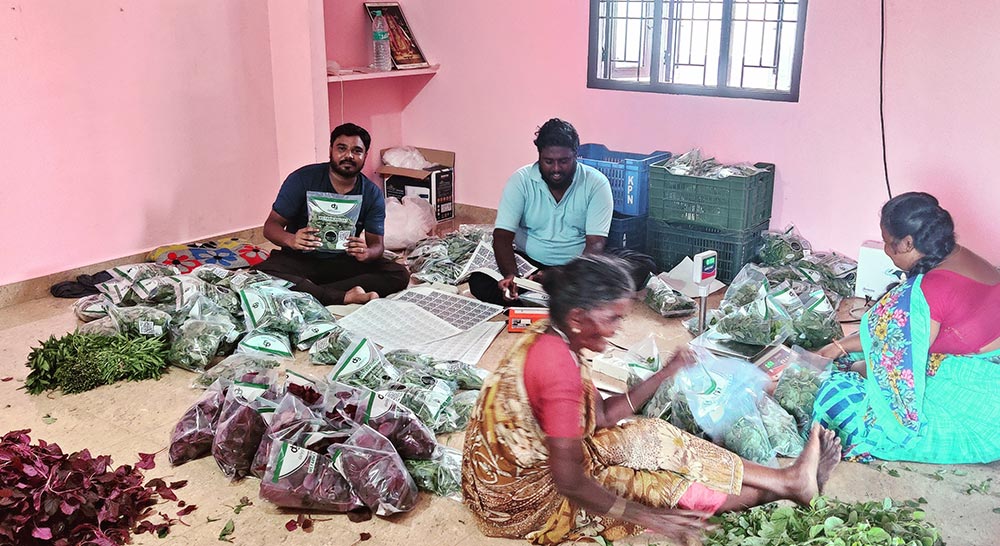
Judging by customer satisfaction, DailyGurus was able to scale from one to ten types of greens from farms in the vicinity. Their network of farmers also began to grow and soon they were able to include vegetables in their offerings. Then came a fillip. The company was turning over Rs.15-20 lakhs revenue a month, when they received a grant of Rs.12 lakhs from Omniactive, the CSR arm of a pharmaceutical company headquartered in Mumbai. “That helped us establish a collection center in the Kothagiri area of Nilgiris. With that one move, we grew rapidly – from Rs. 15 lakh to Rs. 60 lakhs in just one month!” smiles Shekar.
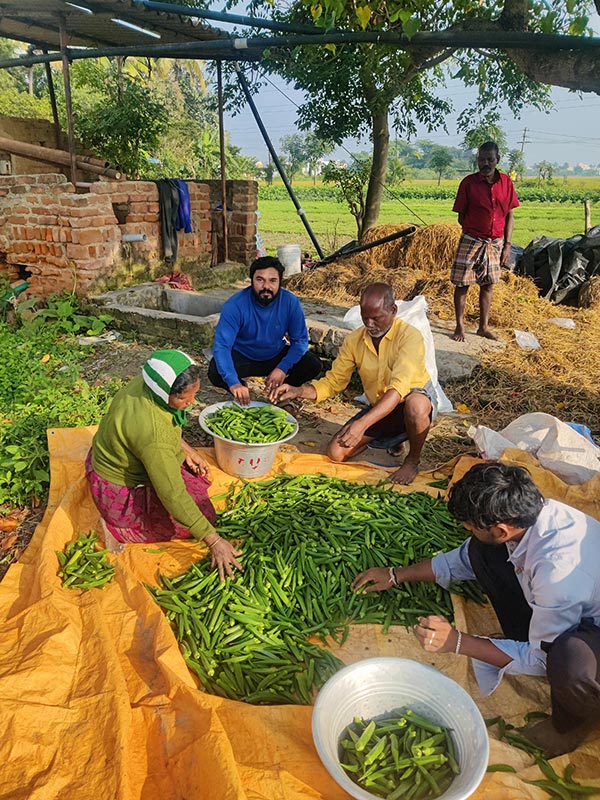
DailyGurus now have direct access to farmers in the Kothagiri area. They have a team of fifteen women working and happy to earn steady incomes. “It’s a win-win situation all round,” explains Shekar. “The farmers are being paid at the farm gate level directly, so no more middlemen dictating their prices. Their produce is transported from the hills to the nearest mandi in Ooty or Mettupalayam by us. Which means no logistics headaches or the manpower costs to load-unload. This has increased revenue for all of us, and the benefits are directly passed on to the consumers. We’ve started expanding to other locations as well.”
Today DailyGurus has its own special place on supermarket shelves in Chennai and are poised to move to Coimbatore, Bangalore, and Hyderabad. They have strong partnerships with Zepto, BlinkIt, and Swiggy. And they are now scouting for warehouses in these centers. The customer has spoken, and it augurs well for the company.
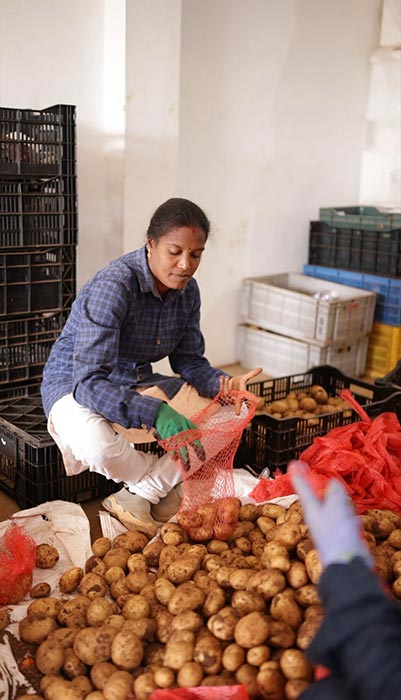
Growing a new branch
Shekar talks about their next venture: tender coconut water. “After much research, we began this in early 2025. Pollachi, near Coimbatore is famous for its tender coconut water, because of the sweetness of the water that very different from other coconuts. That’s where we source the coconuts and cater to a rather huge demand for Pollachi tender coconut water. We supply through Zepto and Swiggy to our established network in Bangalore, Hyderabad, and even Gurgaon. We’re also delivering to some places in Nepal.” They expect to expand their network and continue their sweet streak into the coming years.
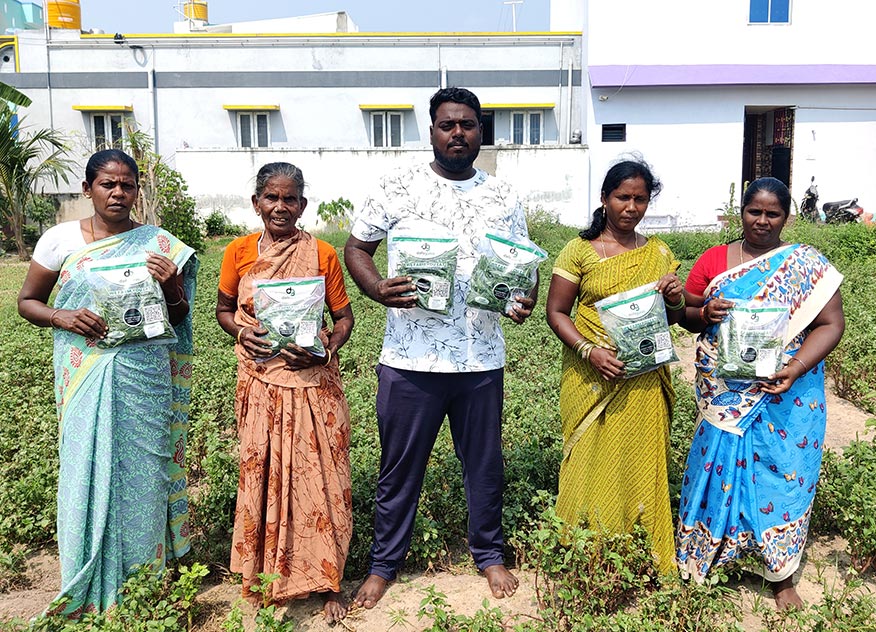
Staying grounded
“Rajesh takes care of the operations and handles business development from Chennai, while strategy and technology is my forte. I work from new Jersey, where I live with my family currently. We are bootstrapped and have just begun to raise funding,” explains Shekar. No matter where they are headed or how fast they grow, the founders are steadfast about their commitment to their mission: to help small and medium farmers and empower rural women. “We’ve seen how they struggle. Anyone who has gone through multiple generations of land ownership are now mostly left with small parcels of land. Many have sold and gone away for better prospects to the cities, since it is hard for them to make their lands commercially viable to work on. And then the rural women – they work so hard but are not recognized for their effort. These two segments are what we want to focus on,” says Shekar. “People like us should exist as long as people like them exist,” he ends on a solemn note.
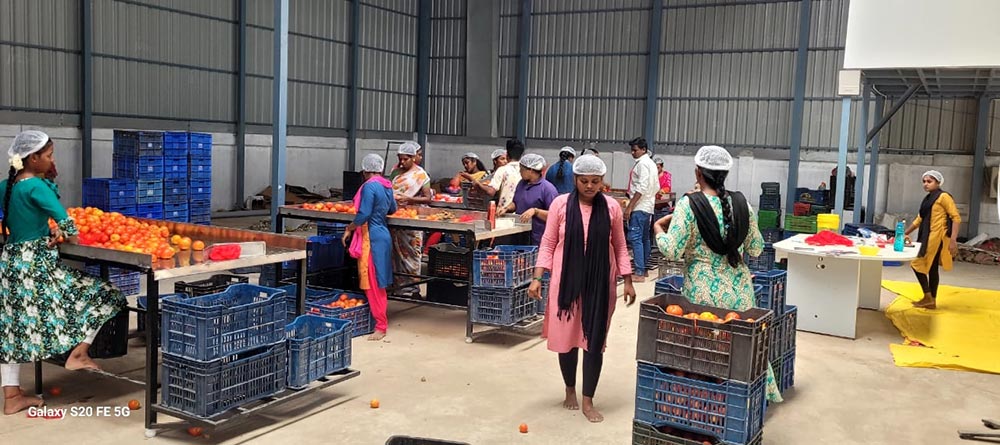
Indeed. The next time we pick a pack of DailyGurus greens, we know when it was harvested, where it grows, and how it reached our hands. And be satisfied with the knowledge that the source has been justly paid.
